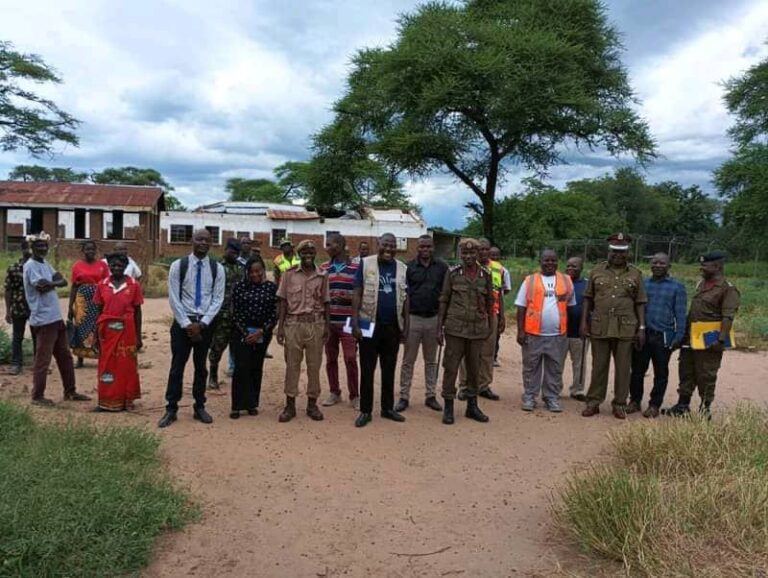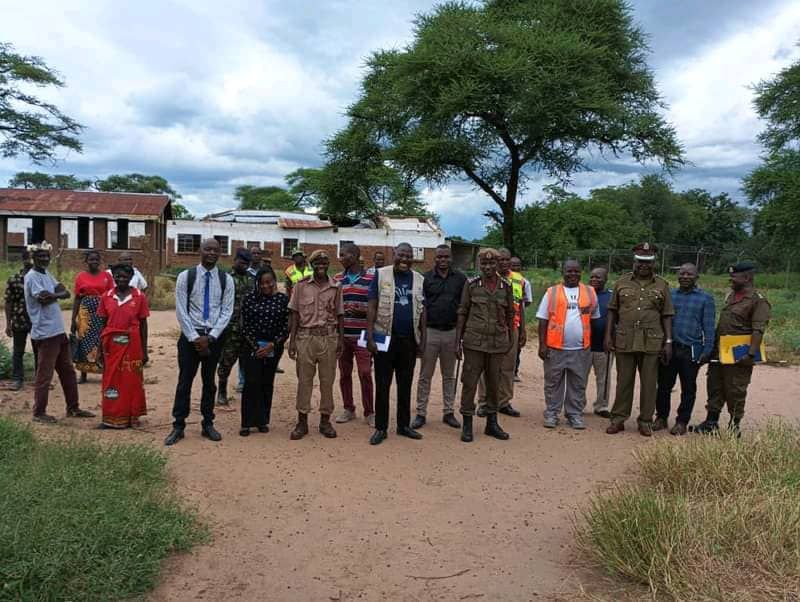By Jones Gadama
In a significant boost to the morale of primary school teachers in Chitipa district, the government through Chitipa District Council has promoted 466 teachers to grades K and J. The promotions were long overdue, with some of the teachers having served for over 10 years without being promoted.
District Commissioner for Chitipa, MacMillan Magomero, presented the promotion letters to the teachers and said that 320 of them have been promoted to grade K while 146 have been promoted to grade J. Magomero’s presentation was a moment of great joy for the teachers, who had been waiting for this moment for a long time.

The promotions are a testament to the government’s commitment to recognizing and rewarding the hard work and dedication of its employees.
Many of the teachers who were promoted had been serving in the same grade for over a decade, and this promotion will not only bring them financial benefits but also motivate them to work even harder.
Naching’anda Primary school headteacher, Nebert Mulungu, thanked the government for the promotion, saying that it has motivated his working morale.
Mulungu had worked for 13 years without being promoted, and this promotion is a significant milestone in his career.
“I am grateful to the government for recognizing our hard work and dedication,” Mulungu said.
Chitipa CCAP Primary school headteacher, Suten Kitamula, also expressed her gratitude to the government for the promotion.
Kitamula said that the promotion is long overdue and will go a long way in motivating teachers to work harder.
“We have been waiting for this moment for a long time, and we are grateful to the government for finally recognizing our efforts,” Kitamula said.
The promotions are also expected to have a positive impact on the education sector in Chitipa district.
With motivated and recognized teachers, the quality of education is likely to improve, and students will benefit from the increased enthusiasm and dedication of their teachers.
The government has been working to improve the welfare of its employees, and the promotions are part of these efforts.
By recognizing and rewarding the hard work and dedication of its employees, the government is motivating them to work even harder and provide better services to the public.
The promotion of 466 primary school teachers in Chitipa district is a significant development that will have a positive impact on the education sector.
The government’s commitment to recognizing and rewarding its employees is commendable, and it will go a long way in motivating teachers to work harder and provide better services to the public.
The promotions are also a testament to the importance of employee recognition and reward.
When employees feel valued and recognized, they are more likely to be motivated and productive, which ultimately benefits the organization and the public.
As the promoted teachers celebrate this milestone, they should be reminded that their hard work and dedication have been recognized, and they should continue to strive for excellence in their work.
The government has shown its commitment to its employees, and it is now up to the teachers to justify this trust by delivering high-quality services to the public.
The Chitipa District Council’s decision to promote the teachers is a step in the right direction, and it will have a positive impact on the district’s education sector.
The promotions will not only benefit the teachers but also the students and the community at large.
In the long run, the promotions will contribute to the development of the district and the country as a whole.
With motivated and recognized teachers, the quality of education will improve, and students will be better equipped to contribute to the development of the country.
The government’s efforts to improve the welfare of its employees are commendable, and the promotions are a significant step in this direction.
As the government continues to work towards improving the welfare of its employees, it is likely that more teachers will be motivated to work harder and provide better services to the public.







